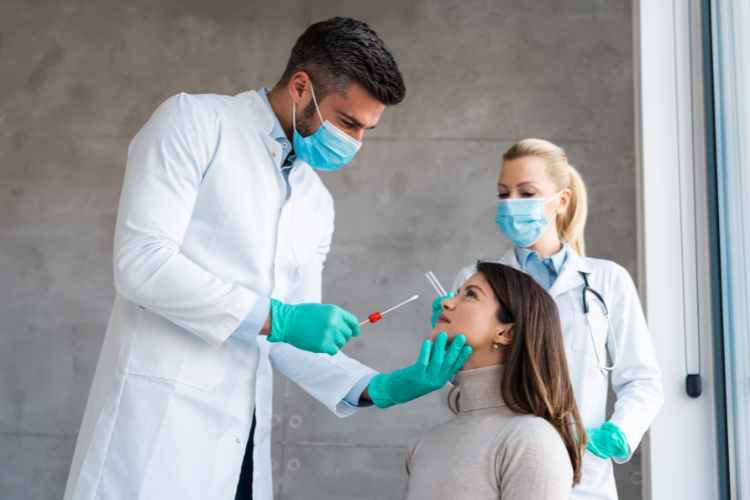A visit to a COVID-19 testing center may feel unfamiliar and even a little daunting. But it is important to remember that the staff at these centers are there to help. Garnerville Covid testing center will likely be set up differently from your usual doctor’s office visit.
These are the different types of tests:
PCR tests
This is the most common type of test. You will need to take this test to get an official diagnosis of COVID-19. You will need to take this test at a unique facility requiring special equipment.
Antigen tests
This type of test is less common than the PCR test. You may be able to take this test at your doctor’s office, but the results are not as accurate as the PCR test.
Antibody tests
This test involves taking a blood sample. Antibodies are proteins that the body produces in response to an infection. The results of an antibody test can take a few days to come back.
Self-tests
Swab tests and saliva tests are the two different kinds of self-tests. Swab tests entail taking a swab from the back of your throat and inside your nose. You must spit into a cup for a saliva test. You must send the sample from both self-tests to a lab for evaluation.
What you can expect
When you visit a Covid testing center, you can expect to be asked to provide personal information and answer questions about your health. You will then be given a swab to collect a sample of your nose and throat secretions. This sample will be sent to a laboratory for testing. The results of your test will be available within a few days.
When the results are out, the staff will contact you to let you know whether or not you have the virus. If you do, they will provide you with information on how to care for yourself and prevent the spread of the virus to others.
If you don’t have the virus, they will advise you on protecting yourself from getting it. Either way, the staff at the Covid testing center will be there to support you.
How to manage yourself when you have the virus
If you have the virus, staying home and away from other people is important. You should also:
- Drink plenty of fluids: These fluids will help to prevent dehydration. Drink water, juices, and soups.
- Get rest: Sleep will help your body fight the infection.
- Take over-the-counter medications: These can help with fever, pain, and congestion.
- Monitor your symptoms: If your symptoms worsen or develop new symptoms, contact your healthcare provider. Some signs to watch out for include difficulty breathing, pain in the chest, or confusion.
- Stay in touch with your loved ones: Let your friends and family know how you are doing. This will help to reduce anxiety and stress.
If you think you may have been exposed to the virus or are experiencing the symptoms mentioned, contact your healthcare provider at Healthy Therapeutics Medical Practice, PLLC.

